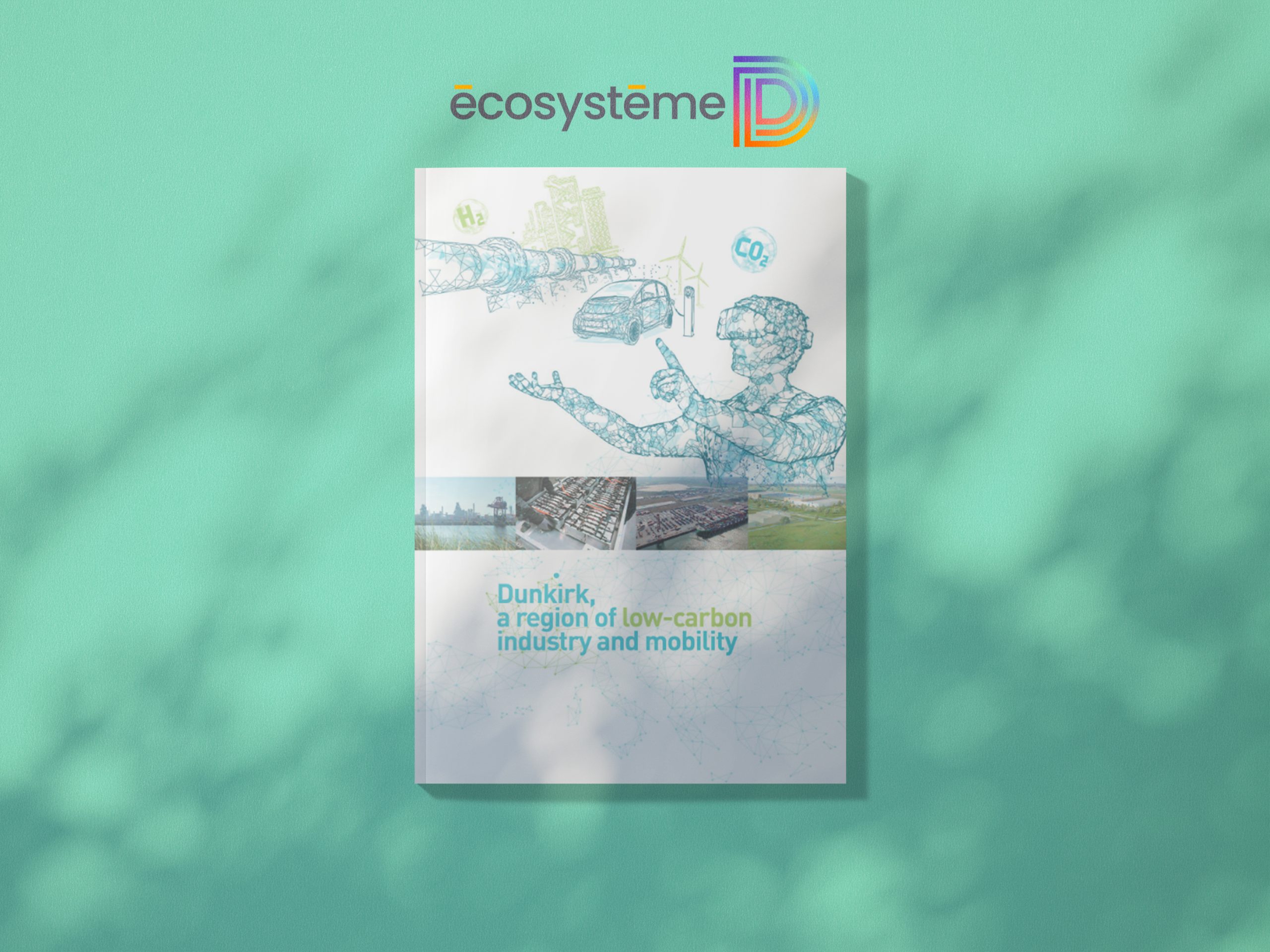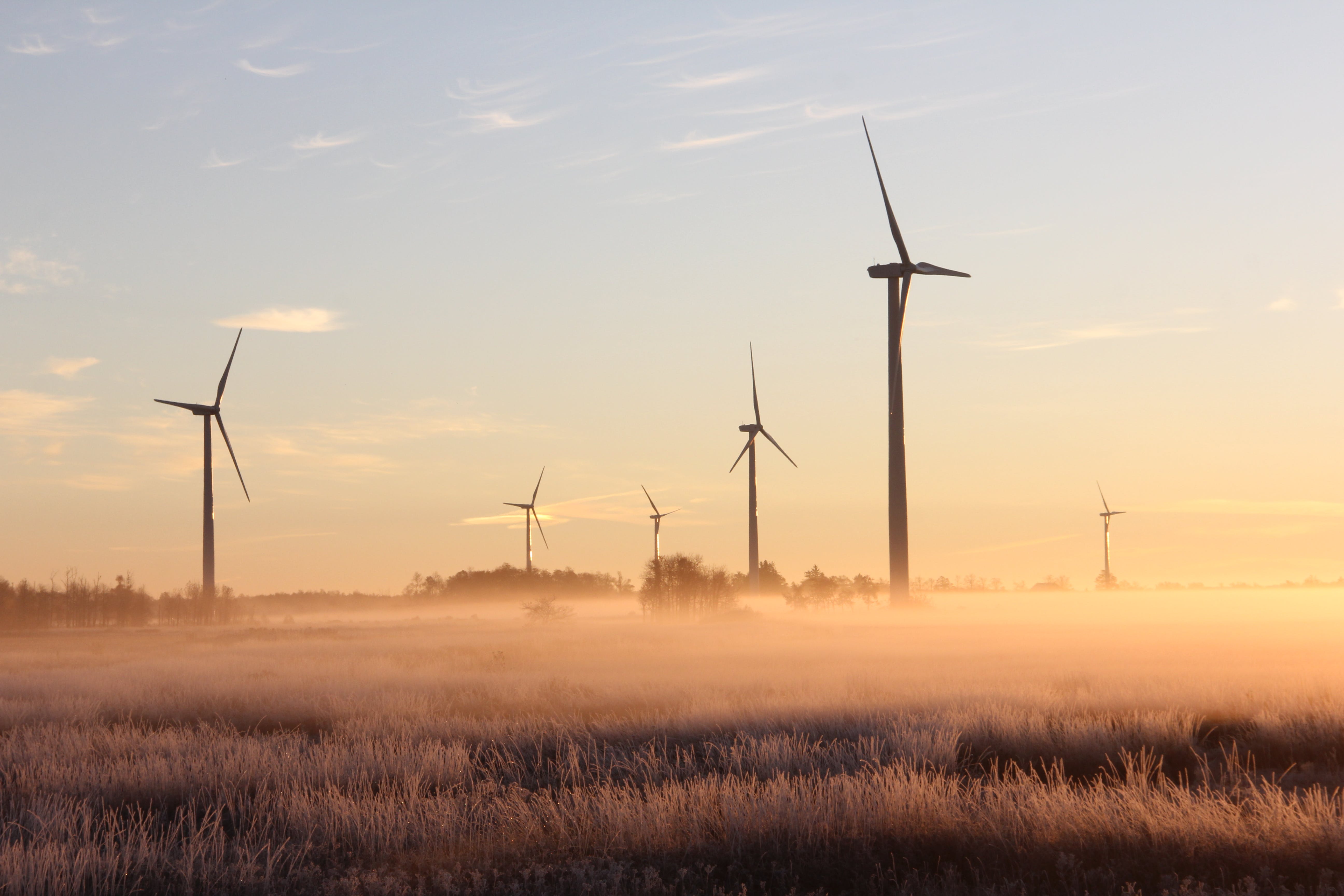
Alternative fuels
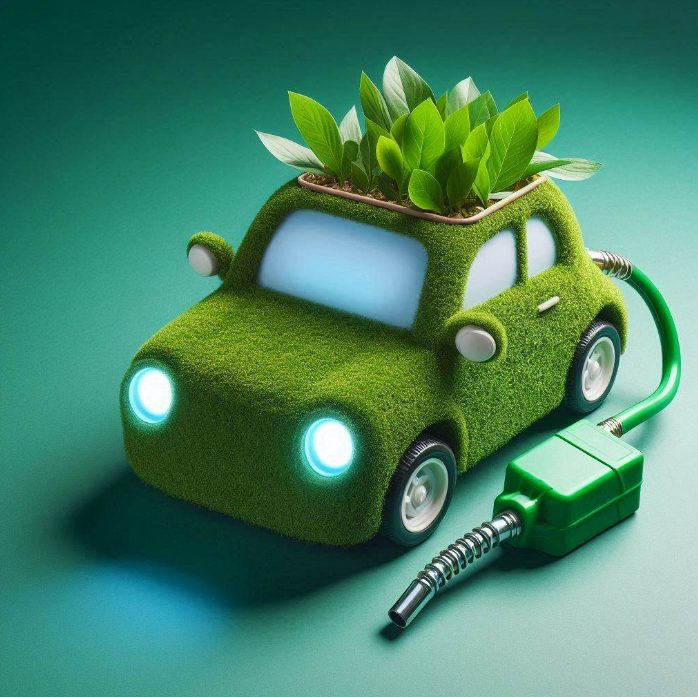
A promising solution for reducing carbon emissions and greenhouse gases
Alternative fuels are energy sources used to replace traditional fossil fuels such as petrol and diesel in transport. They have been developed to reduce greenhouse gas emissions, lessen dependence on fossil fuels and promote more sustainable energy. These fuels include biofuels, hydrogen, gas, biogas and biofuels.
By using these alternatives, we can help to reduce the environmental impact of transport and promote more environmentally-friendly mobility.
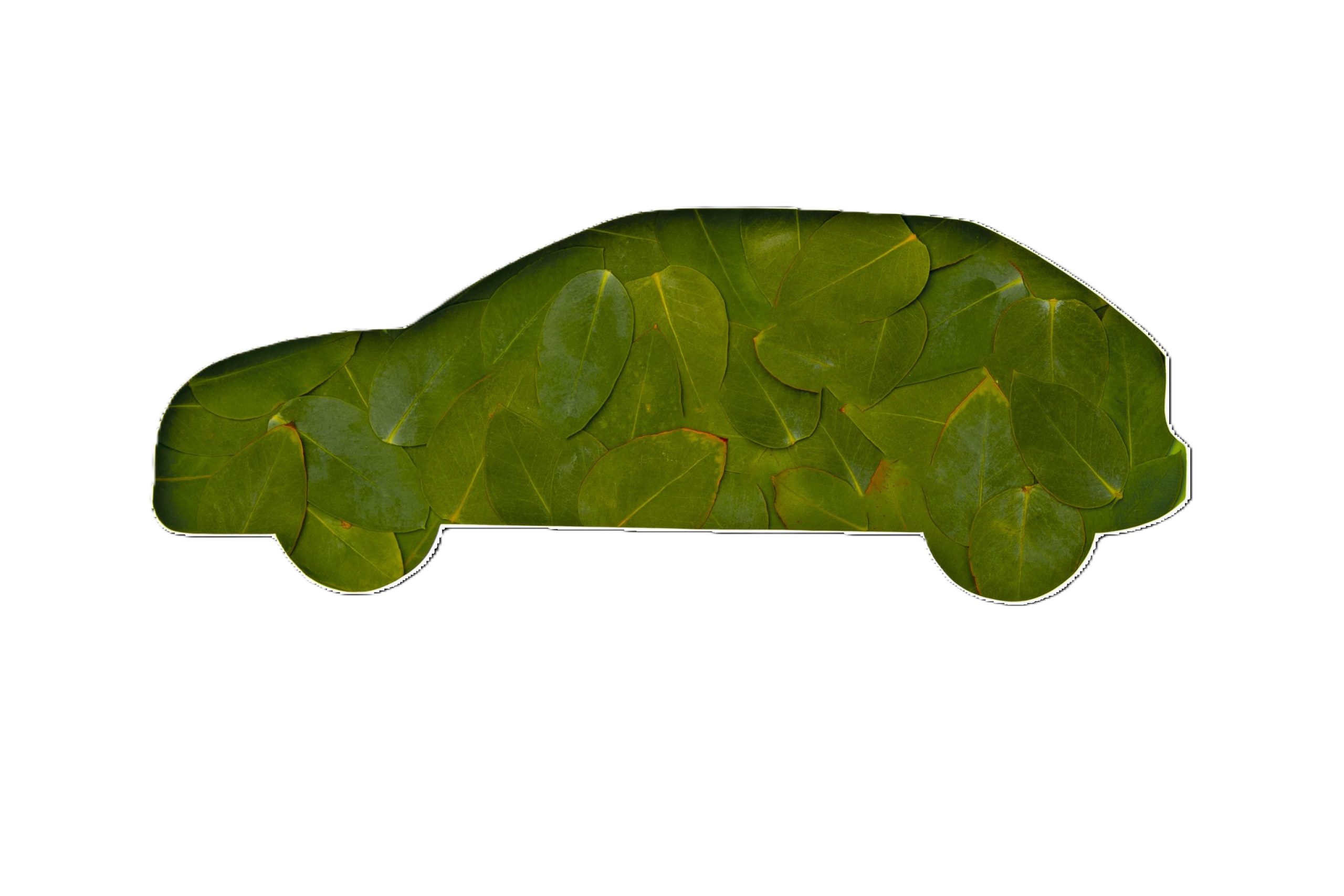
B100 biofuel
B100, a 100% vegetable biofuel, produced from rapeseed oil, is an environmentally-friendly alternative to traditional diesel. In addition to being a renewable energy, it has significant environmental advantages. B100 helps to reduce CO2 emissions by 60% and fine particle emissions by 84% compared with B7 diesel, thereby contributing to a reduction in the road transport sector’s carbon footprint.
> B for biodiesel and 100 for its proportion of plant components
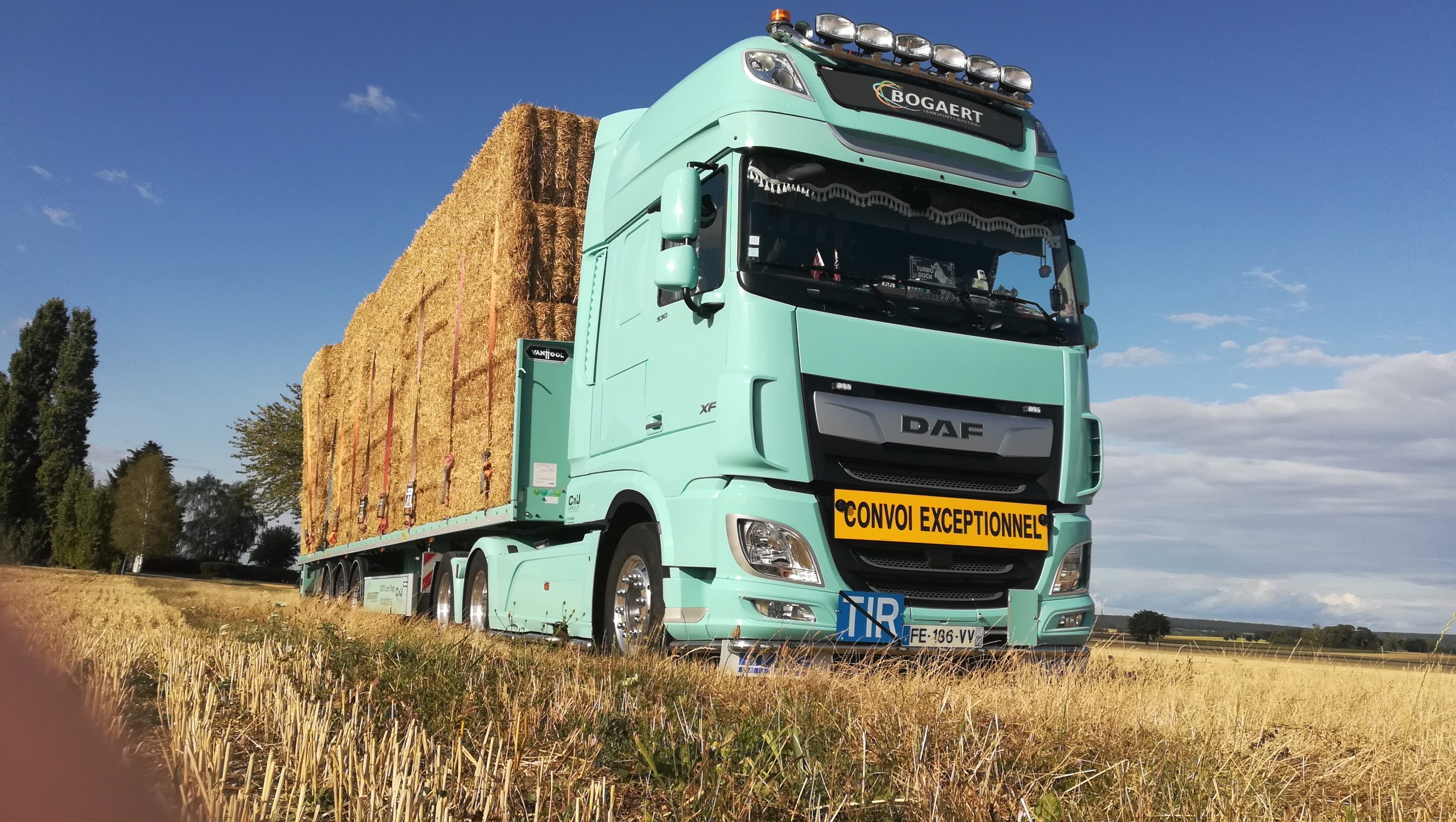
Stakeholders in the biofuel sector
RYSSEN ALCOOLS
Specialising in the production of top-quality alcohol, Ryssen Alcools also makes bioethanol using its dewatering facilities, producing pure alcohol at 99.7% (European standard for the use of bioethanol as a biofuel – SP95 E10, E85). Bioethanol is the most widely used biofuel in the world. Compared to fossil petrol, it reduces greenhouse gas emissions by more than 78% on average.
CN’J GROUP
Choosing environmental responsibility
As the French state and regional authorities are expressing an urgent need to lessen our dependence on fossil fuels and to accelerate the ecological transition, CN’J Group, a major stakeholder in the transport and logistics sector in the Hauts-de-France region, takes a significant step. In order to meet these expectations, the group confirms its commitment towards sustainable development and reduces its environmental impact with a new stage in its environmental responsibility approach: the integration in its fleet of vehicles using B100 biofuel.
NORD-ESTER
Founded in 1829, Daudruy, a family business, has been refining edible oil since the 1960s. From 2008, it has become a major stakeholder in the energy sector with the production of biodiesel from rapeseed first, then from animal fats and since 2013, from used frying oils. Mixing animal oils with other vegetable oils in ever increasing proportions, the company is aiming for 100 % in the coming years. And it has now its own frying oil recovery network called Oléovia, operating throughout France. NE100 is the B100 fuel produced by Nord-Ester. It is an alternative fuel for captive fleets.
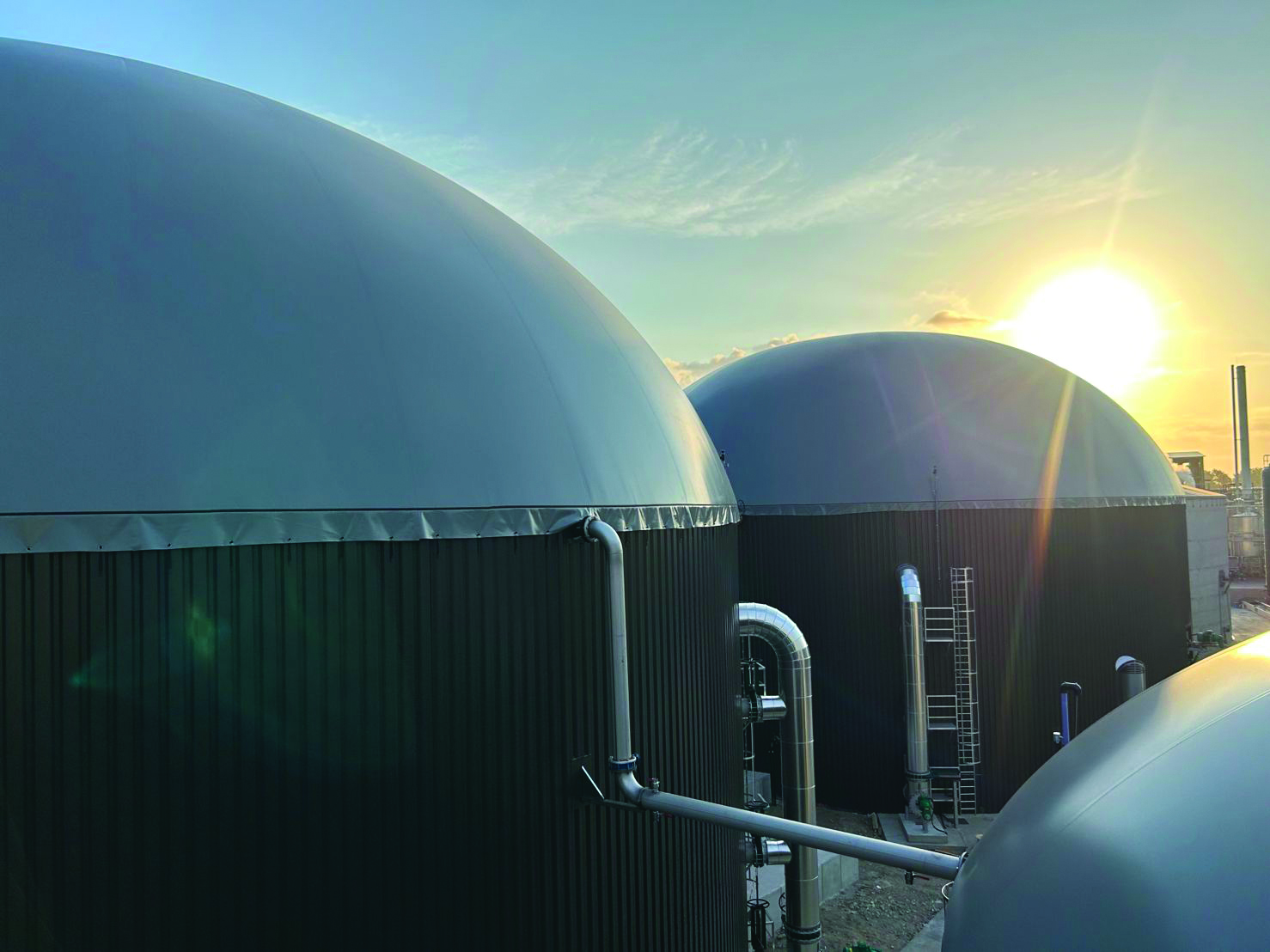
Gas and biogas
The Gas and Biogas industry plays a crucial role in the energy transition to green growth. It contributes to the development of renewable energies, the reduction of greenhouse gas emissions and the enhancement of the circular economy.
Locally-produced green gas (biomethane) and natural gas are among the solutions for reducing CO2 emissions. In Dunkirk, companies such as Gaz’up and Dunkerque LNG are helping to develop these solutions for road and sea transport.
This local green gas can already supply the equivalent of 15,000 new homes.
NGV is the name given to natural gas when it is used for mobility, primarily in heavy vehicles such as lorries, coaches and buses.
Bio-NGV is obtained from methanisation of various kinds of organic waste, some of which are sometimes combined. Bio-NGV can be used in its compressed form (CNG, bio-CNG) for private individuals or heavy goods vehicles. It can also be used in liquid form (LNG, bio-LNG), which is reserved exclusively for heavy goods vehicles.
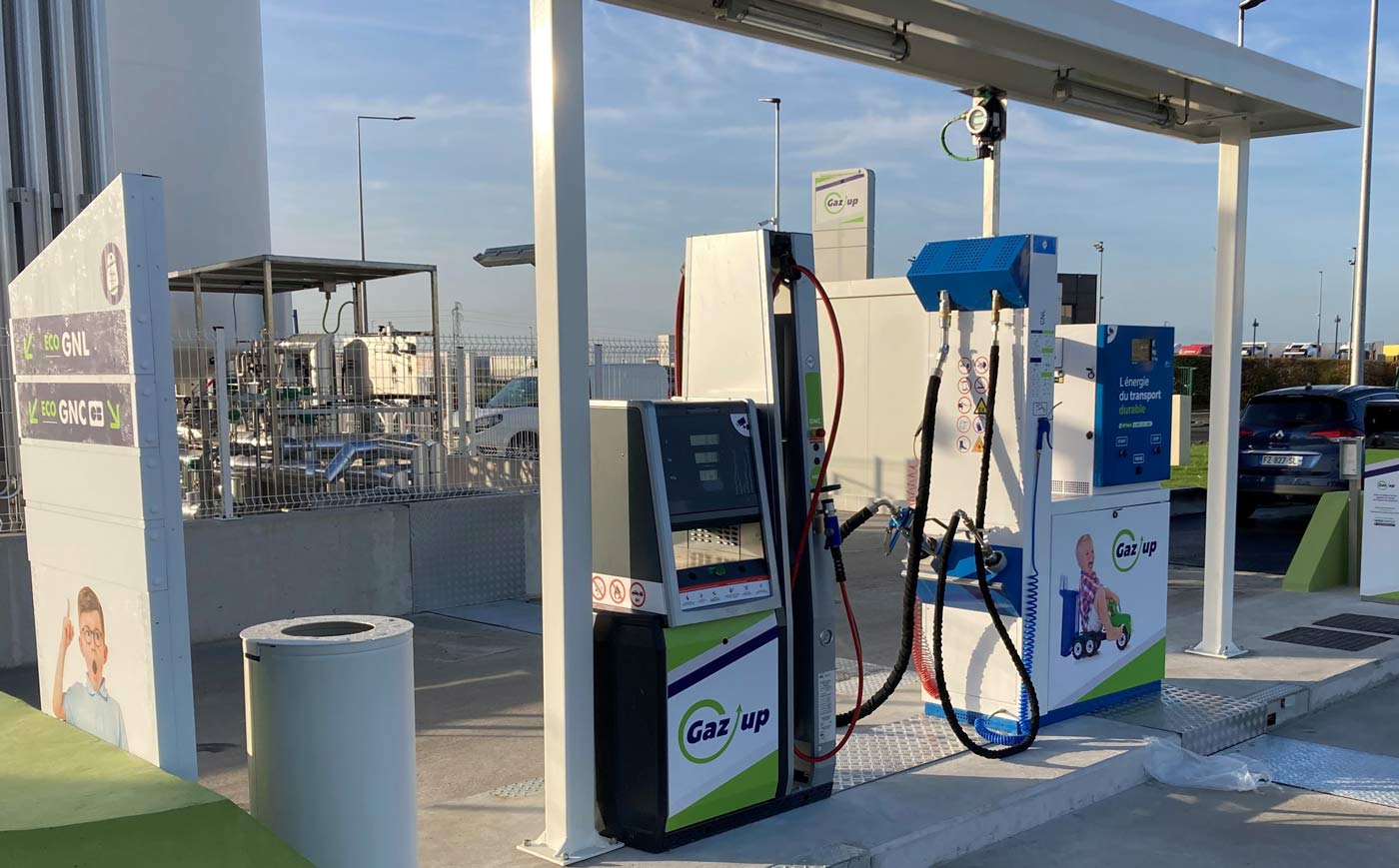
GAS/BIOGAS IN THE REGION
Since 2021, Gaz‘up has been offering Compressed Natural Gas (CNG) and Liquefied Natural Gas (LNG) in Craywick, nearby Dunkirk. Dunkirk’s Gaz’up station is open to all users, both individuals and professionals, heavy and light vehicles. The company has developed and is running the first independent network of multi renewable energy service stations.
In Dunkirk, green gas production resources are abundant, particularly because of the new methods of green gas production such as pyro-gasification, hydrothermal gasification and methanation, in the process of being industrialised.
A potential of 40 megawatts of green gas can be recovered in the Dunkirk area, which constitutes a major lever in the ambitious carbon neutrality targets and an opportunity for French energy independence.
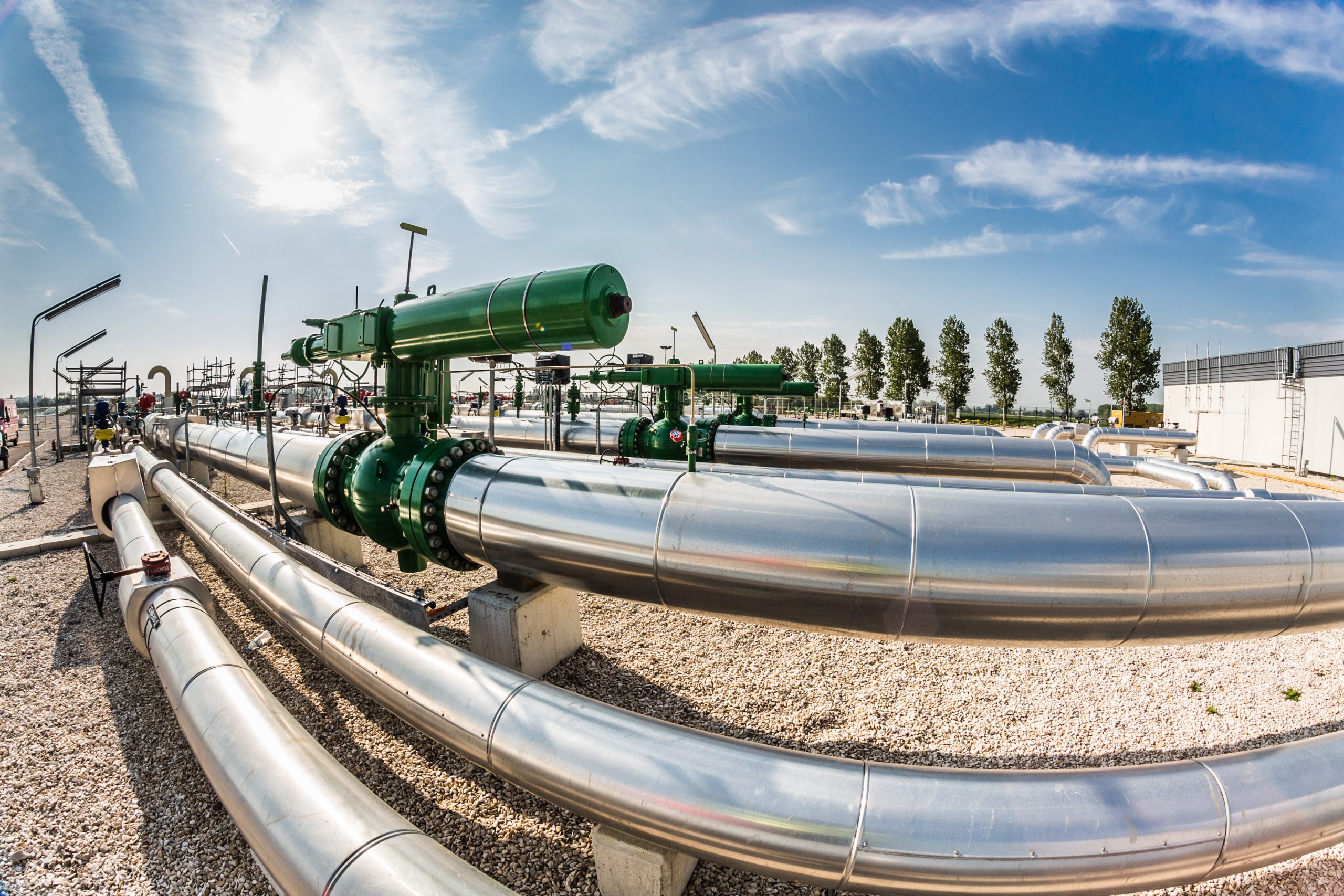
Hydrogen
Just like other renewable gas and low-carbon sectors, hydrogen will play a major role in reaching the carbon neutral target in an affordable way.
Hydrogen can replace fossil fuels across many industrial sectors that emit high levels of CO2, such as chemistry, metalworks and refineries. It offers an interesting outlook as an energy vector for many modes of transport, particularly heavy mobility, public transport and rail.
Historically used in industry and fertiliser chemistry, hydrogen is now finding applications in mobility. It can power an electric motor or be used directly as fuel in an internal combustion engine.
> A hydrogen vehicle is a zero emissions vehicle.
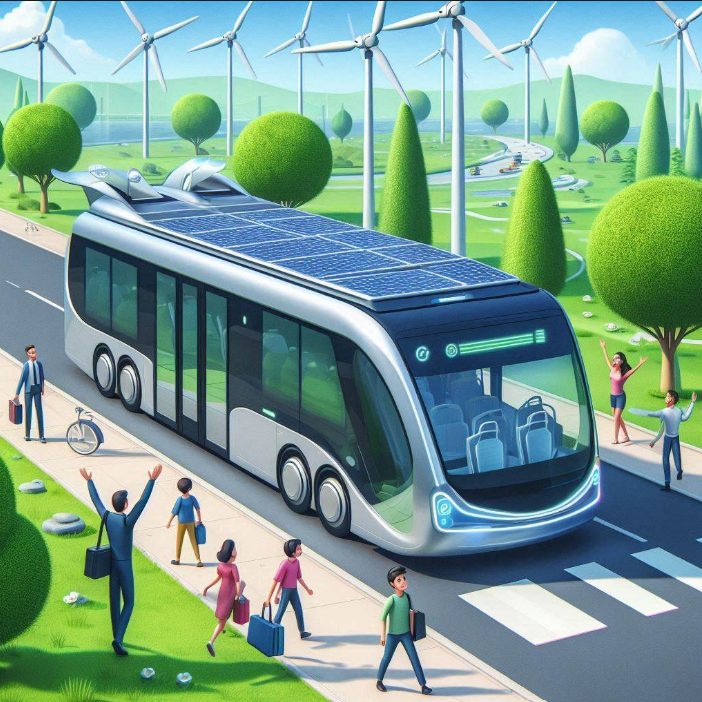
Discover some stakeholders in Dunkirk’s low-carbon mobility
EDF and Shymed – Hynamics
Green hydrogen distribution and production station
Alongside Hynamics (the EDF group’s hydrogen subsidiary), the Greater Dunkirk Urban Council and the French public financial institution Caisse des Dépôts are undertaking the Shymed project to create a 1.25 MW renewable hydrogen distribution and production station next to Dunkirk’s Energy Recovery Centre. The hydrogen produced through the electrolysis of water will be able to be used to refuel the first hydrogen-powered vehicles in Dunkirk’s urban area (electric buses running on hydrogen and refuse collection trucks). From the end of 2024, the station will initially produce 500 kg of hydrogen per day. Subsequently, its production capacity will increase significantly to power other hydrogen vehicles in the territory.
Dunkerque LNG – LNG refuelling station
Dunkerque LNG has opened an LNG refuelling station at Dunkirk Port’s methane terminal. Since June 2020, Dunkirk’s LNG terminal station has been offering refuelling services for tanker trucks. This station has the capacity to refuel up to 3,000 vehicles per year, i. e. about 60,000 tonnes of LNG, or 133,000 m3.
It offers services that are unique in Europe: on-line slot booking and training for drivers, available 24/7, and a full-autonomy or assisted refuelling.

